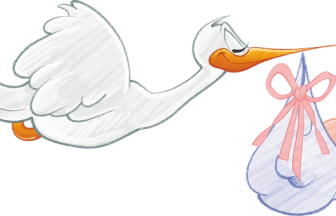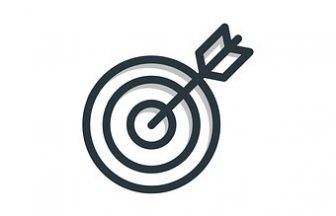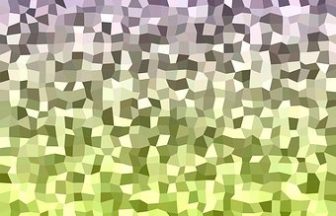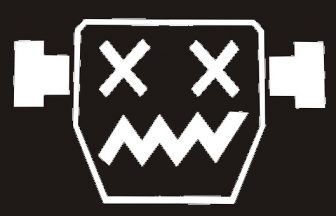「結合する」|「connect」「link」「combine」の違いと使い方
二つのものが連結したり、連接したり、融合したり、「結合」にもいろいろある。英語の言い方を覚えておきましょう。
「結合する」|「connect」は連結物により結びつける
connect は連結物により二つのものを結びつけることを表すときに使われる語。
青函トンネル開通。 In 1988 the four main islands of Japan were completely connected by rail. (1988年日本の主たる四つの島は鉄道で完全につながりました)
ある大学の風景。 Gingko tress line both sides of the street connecting the Main Gate and the Lecture Hall. (正門から講堂に至る道はイチョウ並木となっています) ※ ginkgo「イチョウ」 line「~に沿って並ぶ」 the Main Gate「正門」 The Lecture Hall「講堂」
首都圏ではよくある。 This train connects directly to the subway line. (この電車は地下鉄に乗り入れています)
今では当たり前のこと。 All our computers , at head quarters and at each branch, are connected online. (本社と各支社のコンピュータはすべてオンラインで結ばれています) ※ head quarters「本社」 branch「支社、支店」
「結合する」|「link」は鎖のようにしっかり連接
link は鎖の環でつなぐようにしっかりと連接することを表すときに使われる語。
連立の基本。 The two parties are linked together in a common cause. (二つの政党は共通の目的で固く連携しています)
橋でつながる。 A bridge linking the two islands was going to be built here. (ここに二つの島を結ぶ橋がかかる予定でした)
実現した夢。 It was the politician’s dream to build a bridge to link Honshu and Shikoku. (四国と本州の間に橋をかけることはその政治家の夢でした)
給料は実力次第。 In our company, one’s sales performance is linked to their salary. (我が社では営業成績が給与に連動しています) ※ sales performance「営業成績」
「結合する」|「combine」は二つ(以上)のものを融合し一つのものを作る
combine は二つ、あるいは二つ以上のものを融合して一つのものをつくることを表すときに使われる語。
一連の離合集散。 They combine the factions into a party. (彼らは分派を合同して一つの党を作りました) ※ faction「分派、派閥」
両立を目指す。 It was tough trying to combine work and studies, but he persisted till the end. (勉強と仕事の両立は大変でしたが彼は最後まで頑張りました) ※ persist「やり通す」
健康志向の人。 He is on a diet that combines a low sodium diet with a low protein diet. (彼は低塩食と低タンパク食を組み合わせた食事をしています) ※ low sodium「低塩」 low protein「低タンパク」
科学のお話。 When deuterium is combined with oxygen, the result is called heavy water. (重水素が酸素と結合すると重水になります) ※ deuterium「重水素」 oxygen「酸素」 heavy water「重水」
まとめ|「結合する」「connect」「link」「combine」
connect は連結物により結びつける
link は鎖のようにしっかり連接
combine は二つ(以上)のものを融合して一つのものを作る











